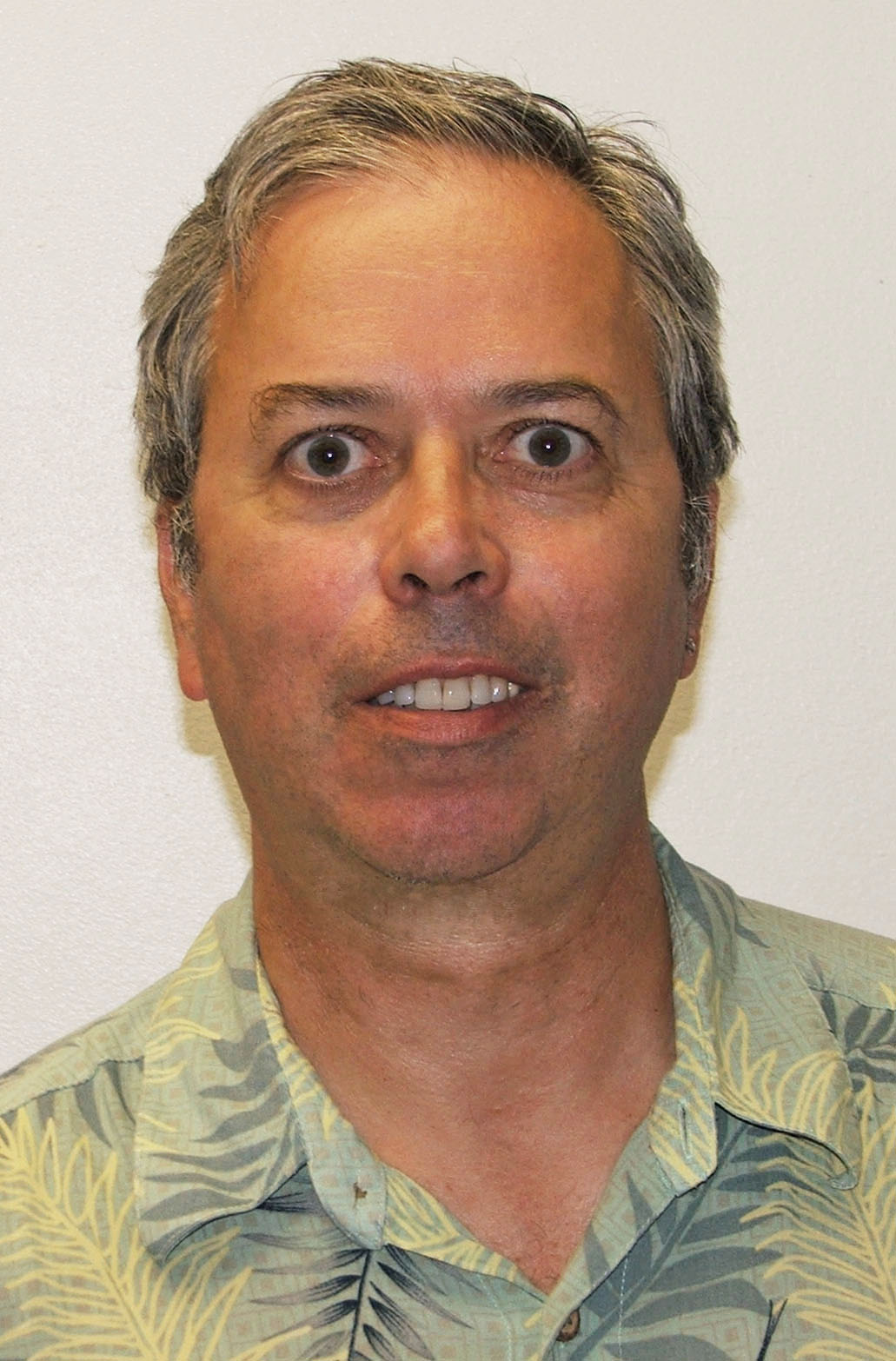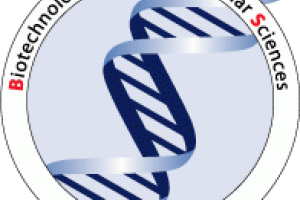
My Expertise
Immunoglobulin germline genes, antibody repertoire formation and antibody function in humans, mice and other species.
Biography
Research Contribution
For over twenty years, my research has focused on antibody germline genes, antibody repertoire development, and antibody function. Since 2015, my collaborators and I have documented dramatic differences in the germline heavy and light chain immunoglobulin genes of inbred mouse strains. We believe that common strains of laboratory mice carry immunoglobulin gene loci that are a mosaic of fragments from different subspecies...view more
Research Contribution
For over twenty years, my research has focused on antibody germline genes, antibody repertoire development, and antibody function. Since 2015, my collaborators and I have documented dramatic differences in the germline heavy and light chain immunoglobulin genes of inbred mouse strains. We believe that common strains of laboratory mice carry immunoglobulin gene loci that are a mosaic of fragments from different subspecies of the house mouse, as a result of the unusual breeding histories of these mice. The resulting ‘mispairing’ of heavy and light chain genes could explain some mouse models of autoimmune disease (doi: 10.3389/fimmu.2018.02249).
We have also considered how the mouse and the human antibody repertoires differ, and how the repertoires of the two species meet the differing biological needs of the two species (doi: 10.1007/s00251-017-1049-8 IMMU-D-17-00171.1.). We have highlighted ways in which antibody function may vary between the human and mouse (doi: 10.3389/fimmu.2013.00235 and 10.1038/icb.2016.65), and the proposed models of human and mouse antibody function also address the mystery of how antibodies of diverse and even opposing isotype-mediated function can work together to deliver protective immunity.
Most recently, we have proposed that immunoglobulin genes may be important speciation genes (https://doi.org/10.1111/imcb.12567).
I remain active within the Germline Gene Database (GLDB) Working Group and the Inferred Allele Review Committee (iARC) of the Adaptive Immune Receptor Repertoire community (AIRR-C) (airr-community.org). The IARC is a committee that is responsible for the evaluation of putative IG and TCR gene polymorphisms, inferred from RepSeq (AIRR-Seq) data. Its role is to advise relevant committees of the International Union of Immunology Societies (IUIS) and the ImMunoGeneTics Group (IMGT) of sequences that should be included in listings of IG and TCR alleles. In 2022, I chaired the Salmonid TCR Nomenclature Working Group, that was formed by the IUIS IG/TR/MH Nomenclature Subcommittee to develop a suitable nomenclature for Atlantic salmon and Rainbow trout TRBV genes.
Professional Experience
- 1981-1984 Assistant to the Director, Papua New Guinea Institute of Medical Research, Goroka, Papua New Guinea
- 1985-1986 Research Assistant, WHO Collaborating Centre for the Epidemiology of Diabetes Mellitus, Southern Memorial Hospital, Melbourne
- 1990 Research Scientist, Division of Pathology, Royal Children's Hospital, Melbourne
- 1991-2002 Lecturer, Senior Lecturer, UNSW
- 2002-2019 Associate Professor, UNSW
Honours & Awards
- Vice-Chancellor's Award for Teaching Excellence 1999
- UNSW Nominee, Australian University Teaching Award 1999
- Grant Reviewer (NHMRC, ARC, NZ Health Reseach Council)
- Reviewer for journals including: PNAS, Nature Genetics, Nucleic Acids Research, Journal of Immunology, Immunology, Immunology and Cell Biology, BMC Immunology, BMC Bioinformatics and others.
